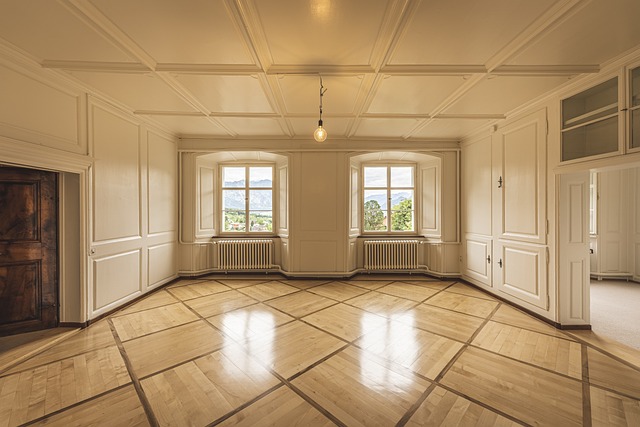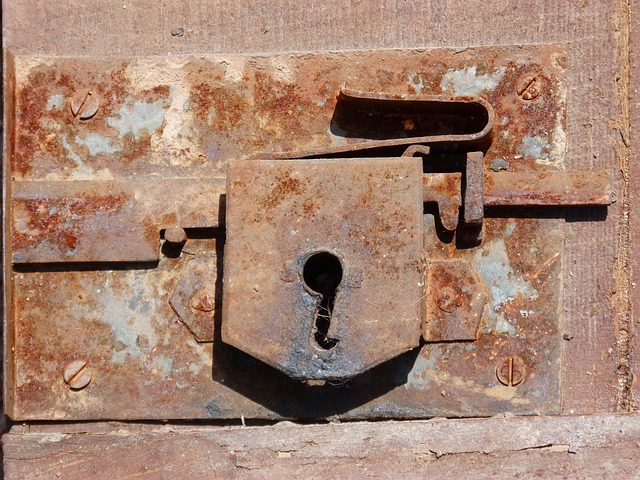In today's bustling urban areas, smart security systems offer innovative urban home security solutions tailored to the unique needs of city dwellers. These integrated systems leverage sensors, AI, and connectivity for 24/7 surveillance, remote access control, and real-time monitoring. Key features include high-definition cameras with motion detection, intelligent door locks, and advanced alarms that learn inhabitants' routines. With Wi-Fi/cellular connectivity, Z-Wave/Zigbee integration, and sustainable practices, these systems provide comprehensive protection, peace of mind, and remote accessibility for modern city living.
In today’s digital age, urban lifestyles demand advanced security solutions tailored to high-density areas. As cities grow, so does the need for smart security systems that integrate cutting-edge technology. This article explores the evolving market of urban home security solutions, focusing on understanding the unique needs of city dwellers. We’ll delve into key components, benefits, and future trends, including AI, IoT, and sustainability, revolutionizing how we secure our urban spaces.
- Understanding Urban Lifestyle Needs: A Growing Market for Advanced Security
- Key Components of a Smart Security System Tailored for Urban Environments
- Benefits and Applications: Enhancing Safety in High-Density Urban Areas
- Future Trends: Integrating AI, IoT, and Sustainability in Urban Home Security Solutions
Understanding Urban Lifestyle Needs: A Growing Market for Advanced Security

In today’s fast-paced and dynamic urban environments, understanding the unique needs of modern city dwellers is paramount. The concept of urban home security solutions has evolved to address the specific challenges of urban lifestyles. With increasing urbanization, homes in metropolitan areas often face heightened security risks, from break-ins to property damage. Traditional security measures may not suffice for the complex and interconnected nature of urban living.
This shift towards smarter security systems is driven by a growing demand for advanced technology that seamlessly integrates into urban homes. The market is responding with innovative solutions tailored to enhance safety, privacy, and peace of mind for city residents. By leveraging smart sensors, artificial intelligence, and connectivity, these modern security systems offer proactive protection, real-time monitoring, and remote access control—all essential aspects of urban home security solutions designed to keep pace with the dynamic and often fast-paced nature of metropolitan lifestyles.
Key Components of a Smart Security System Tailored for Urban Environments

In urban environments, where density and pace of life are high, smart security systems offer tailored solutions for homeowners seeking enhanced safety and peace of mind. Key components include advanced surveillance technology such as high-definition cameras with motion detection, capable of capturing clear footage day or night. These systems often integrate with intelligent door locks that provide remote access control, eliminating the need for physical keys and offering convenience along with security.
Additionally, smart alarms that learn inhabitants’ routines and detect unusual activities, coupled with real-time alerts sent to smartphones, ensure prompt responses to potential threats. Connectivity through Wi-Fi or cellular networks allows for monitoring from anywhere, while Z-Wave or Zigbee technology enables seamless integration with other smart home devices, creating a unified security ecosystem. These features collectively contribute to an urban home security solution that is both effective and efficient.
Benefits and Applications: Enhancing Safety in High-Density Urban Areas

Smart security systems are transforming urban home security solutions, offering unprecedented levels of protection in high-density areas. These cutting-edge technologies provide a comprehensive approach to safety by integrating advanced sensors, AI-powered analytics, and real-time monitoring. With their ability to detect anomalies and suspicious activities, these systems act as vigilant guards, deterring potential threats before they escalate.
In bustling urban landscapes, where proximity and anonymity can breed crime, smart security provides a sense of peace of mind. It enables efficient emergency response through immediate alerts and precise location sharing, ensuring swift help during unexpected events. Moreover, its remote accessibility allows homeowners to stay connected and informed, granting them control over their safety even when away from home.
Future Trends: Integrating AI, IoT, and Sustainability in Urban Home Security Solutions

The future of urban home security lies in the seamless integration of Artificial Intelligence (AI), Internet of Things (IoT), and sustainability, creating smarter, more efficient solutions tailored to modern city living. AI-powered cameras equipped with advanced analytics can detect unusual activities, differentiate between people, vehicles, and pets, and notify homeowners instantly, enhancing peace of mind. These systems can learn and adapt to residents’ routines, further optimizing their responses.
IoT devices will enable homes to communicate with each other and the outside world, forming a unified network. Smart locks, thermostats, lights, and security sensors connected through IoT protocols can be remotely controlled and monitored, allowing homeowners to manage their urban home security solutions from anywhere. Moreover, incorporating sustainable practices in these systems, such as solar-powered cameras or energy-efficient sensors, not only reduces environmental impact but also lowers operating costs, aligning with the growing demand for eco-friendly urban living.
Smart security systems tailored for urban lifestyles represent a game-changing approach to enhancing safety and peace of mind in high-density areas. By integrating advanced technologies like AI, IoT, and sustainable practices, urban home security solutions can proactively address the unique challenges faced by metropolitan dwellers. As the demand for smart cities continues to grow, these innovative systems will become increasingly vital, ensuring that urban environments are not only secure but also efficient, eco-friendly, and technologically advanced.
